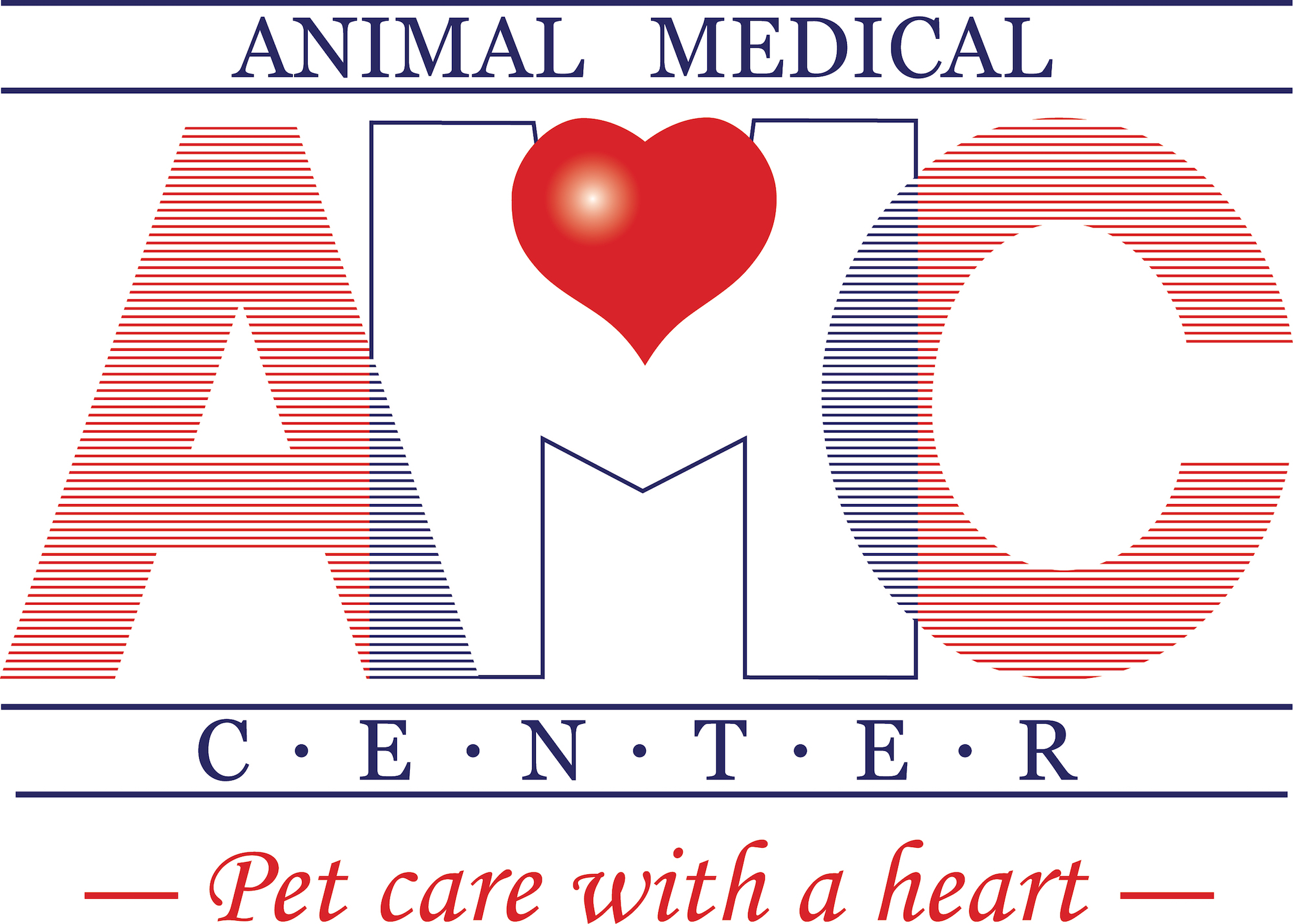Library
-
Grief is the normal and natural response to the loss of someone or something. It is a full body experience that includes physical, emotional, cognitive, social, and spiritual responses. Grieving takes time. Usually it gradually lessens in intensity over time, but if it doesn’t, then professional counseling may help.
-
Masturbation behavior in male parrots is a fairly common occurrence. The basis behind this activity is sexual stimulation or over productive male hormones. Veterinary attention will help with environmental changes and/or medications used to diminish or halt this behavior.
-
Silymarin is an over-the-counter nutritional supplement that is used off-label and is given by mouth to treat liver and cancer conditions. Give as directed. Side effects are uncommon but may include vomiting or diarrhea. Do not use it in pets that are allergic to it. If a negative reaction occurs, please call the veterinary office.
-
Mynah birds are best known for their ability to talk and mimic sounds. They are lively, social birds and have wonderfully outgoing personalities. A young, hand-raised mynah will be easier to tame and train compared to a wild, colony, or parent-raised bird. As with all pets, mynah birds require regular, routine veterinary checkups.
-
Pacheco's disease is caused by an avian herpesvirus. It is often a fatal disease, but treatment with an anti-herpes medication may be life-saving if used at first presentation. This disease is seen less often in today's pet bird population since most parrots are domestically raised and not imported.
-
Many birds naturally eat plants as part of their diet. Some birds will chew on and possibly consume plants out of curiosity or during play. Many toxic plants will just make a bird sick if they ingest them, but some can kill them. Fortunately, rather than ingesting plants, most birds shred and play with plants with which they come in contact. This handout catalogues many of the indoor and outdoor plants that are considered to be potentially toxic to birds.
-
Proventricular dilatation disease (PDD) is an often fatal condition that damages the nerves of the gastrointestinal tract in birds. These nerves stop stimulating the muscles of the digestive tract, so food in the intestinal tract moves very slowly or not at all. Signs, treatment, and prognosis are discussed.
-
Psittacine beak and feather disease (PBFD) is a serious condition in parrot species for which there is no cure. The highly contagious virus attacks fast-growing epithelial cells, commonly causing visibly abnormal formations of the beak and/or feather follicles. The clinical signs vary depending on the species of bird and the age at which it was infected. Diagnostic testing is available and precautions must be taken when purchasing a new bird.
-
Do you have medications stored in the bathroom cabinet, kitchen drawer, and pantry shelf? Are random bottles haphazardly tossed into the “pharmacy”? Medications are meant to help us and our pets, but they can do more harm than good if stored or administered incorrectly. You can protect your family and pets by safely handling and disposing of medications.
-
There are many methods and opinions described by various people to tame and train birds. This handout is designed to give some guidance to you during this process. Your patience may be strained, and you may sustain some bites, but the rewards of your new relationship with your bird will be fulfilling and long-lasting.

